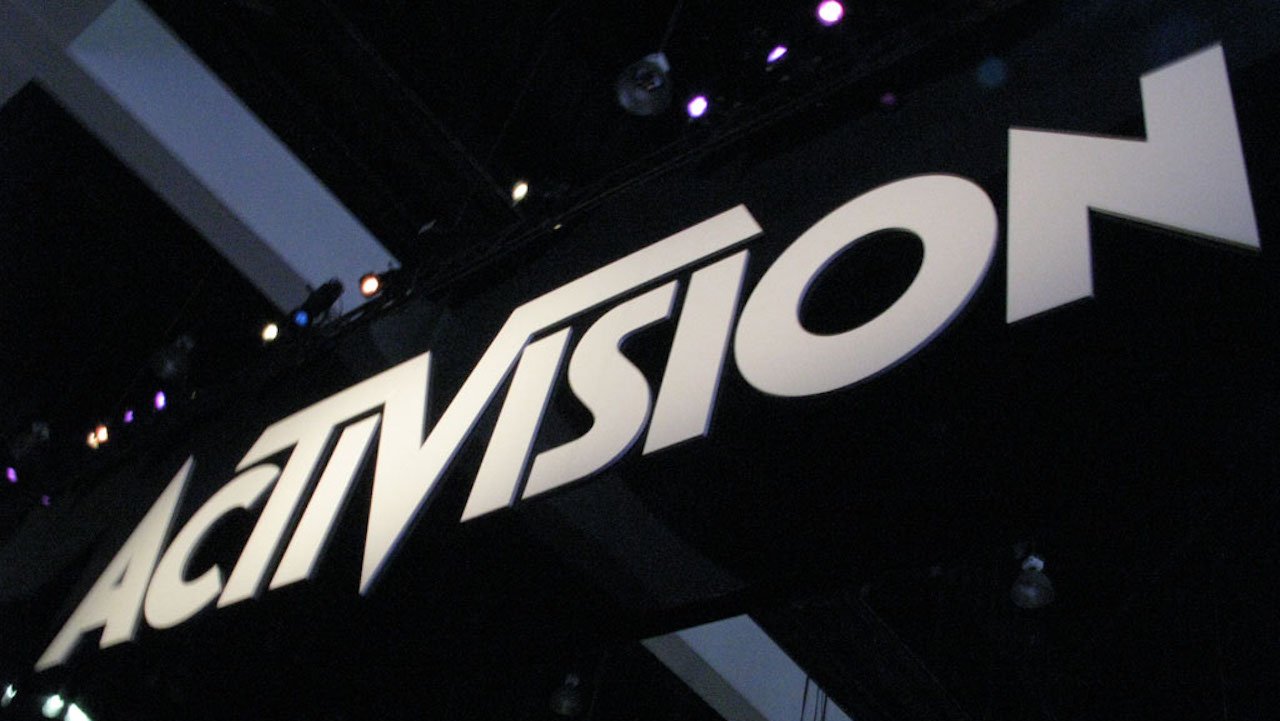FTC reportedly timed its opposition to Microsoft's Activision deal to manipulate the European Union (Update)
The US regulator did not want a settlement reached, according to sources familiar with investigations.

All the latest news, reviews, and guides for Windows and Xbox diehards.
You are now subscribed
Your newsletter sign-up was successful
What you need to know
- Microsoft's attempt to acquire Activision-Blizzard for $69 billion is ongoing, with regulators scrutinizing the deal worldwide.
- The US Federal Trade Commission (FTC) recently filed a lawsuit to block the merger, citing Microsoft making games like Starfield exclusive as a sign that the company could not be trusted.
- A new report suggests that the FTC filed its lawsuit to block the Microsoft-Activision merger after learning that the European Union (EU) planned to discuss potential remedy proposals with Microsoft, dissuading it from reaching a settlement.
- Regulators like the EU and the UK's Competition and Markets Authority (CMA) are expected to make their final decisions in April 2023.
Update 1/27/23 at 1:45 p.m. ET: The European Union's antitrust watchdog has responded to Bloomberg's request for comment, declining to offer a statement beyond the confirmation that "its investigation of the deal is continuing."
Our original story is below.
As Microsoft continues its efforts to close its largest ever acquisition deal, the Activision-Blizzard merger faces careful and thorough inspection from regulators around the world. One organization, the US Federal Trade Commission (FTC), recently filed its lawsuit to block the $69 billion deal in December, citing Microsoft's decision to make upcoming games like Starfield and Redfall exclusive to Xbox and PC as a reason that the firm is not trustworthy (other regulators claimed the FTC was inaccurate as Microsoft never committed to keeping these ZeniMax games multiplatform).
However, a new report suggests that the FTC chose to make its case when it did in order to manipulate the European Union (EU), a fellow regulatory authority also scrutinizing the acquisition. According to Bloomberg, the FTC moved to block the merger on December 8 in a direct response to EU officials indicating that they were planning to discuss possible remedies with Microsoft. This information was shared over a call between the two agencies mere hours before the lawsuit was filed.
Sources familiar with the investigations said that the FTC's suit was a clear message to the EU that the US regulator did not want settlements with Microsoft reached. This occurred despite the fact that the EU wouldn't consider possible solutions until a later date.
The FTC was able to “get out in front of the Europeans in an effort to shape the narrative” by rapidly filing, said Barry Nigro. Previously, Nigro was the No. 2 antitrust official at the Justice Department as Principal Deputy Assistant Attorney General. Currently, he leads the Global Antitrust and Competition Department at Fried, Frank, Harris, Shriver, & Jacobson LLP.
Reportedly, the FTC has declined to comment, and the EU has not responded to inquiries about the matter, either. Microsoft repeated President Brad Smith's earlier statement that "Even with confidence in our case, we remain committed to creative solutions with regulators that will protect competition, consumers and workers in the tech sector.”
All the latest news, reviews, and guides for Windows and Xbox diehards.
Final decisions from regulators like the EU and the UK's Competition and Markets Authority (CMA) are expected to come in spring 2023, with the two organizations planning to issue their verdicts on April 11 and April 26, respectively. The CMA is also expected to announce a preliminary decision in late January or at some point in February.
Microsoft has attempted to assuage regulators' concerns about exclusivity multiple times in the past, with Microsoft Gaming's CEO Phil Spencer stating that the main draw of Activision-Blizzard for Microsoft is its leading position in the mobile gaming space. Microsoft, Spencer said, wants "to be where players are, especially with franchises the size of Minecraft and Call of Duty." As a show of good faith, the company also entered a 10 year commitment to bring Call of Duty to Nintendo Switch and Steam. This deal was reportedly offered to Sony for PlayStation as well, though an agreement was never reached.
Windows Central's take
In my view, the FTC's course of action is incredibly rash and premature. While the commission's concerns about Activision Blizzard game exclusivity are understandable, it's hard to believe that the FTC truly cares about anything other than political grandstanding. As my colleague Jez Corden wrote earlier this month, its actions reek of a vague "big tech bad" stance that fails to consider the acquisition from all angles. As we’ve written about before, there are a variety of ways that the deal could be good for gamers.
Ultimately, the contrast between the FTC's approach and the EU's could not be sharper. While the EU no doubt has its concerns, the fact it's actually trying to work them out with Microsoft signals that it's doing what a regulator is supposed to do: carefully considering the merger and working to ensure it will help, not hurt, consumers. Meanwhile, the FTC has clumsily barreled its way into a full-blown lawsuit, complaining about ZeniMax exclusives that Microsoft never said it would make multiplatform in the first place and manipulating the EU to try and keep a settlement from developing.
So, does the FTC really care about the consumers that would be affected by this deal? So far, I think the answer is a clear no. And that answer isn't going to change until it starts acting in good faith.

Brendan Lowry is a Windows Central writer and Oakland University graduate with a burning passion for video games, of which he's been an avid fan since childhood. He's been writing for Team WC since the summer of 2017, and you'll find him doing news, editorials, reviews, and general coverage on everything gaming, Xbox, and Windows PC. His favorite game of all time is probably NieR: Automata, though Elden Ring, Fallout: New Vegas, and Team Fortress 2 are in the running, too. When he's not writing or gaming, there's a good chance he's either watching an interesting new movie or TV show or actually going outside for once. Follow him on X (Twitter).

